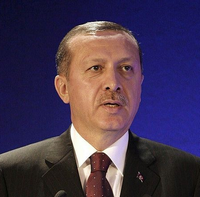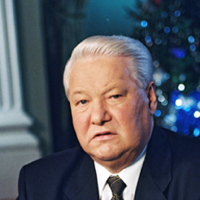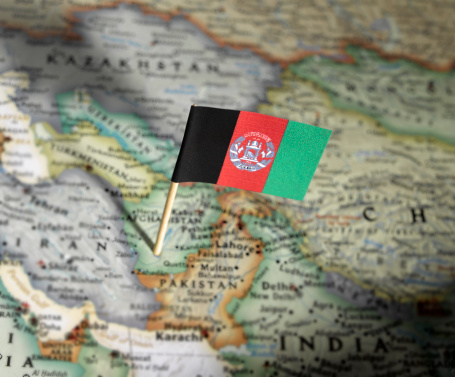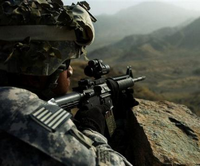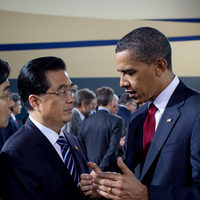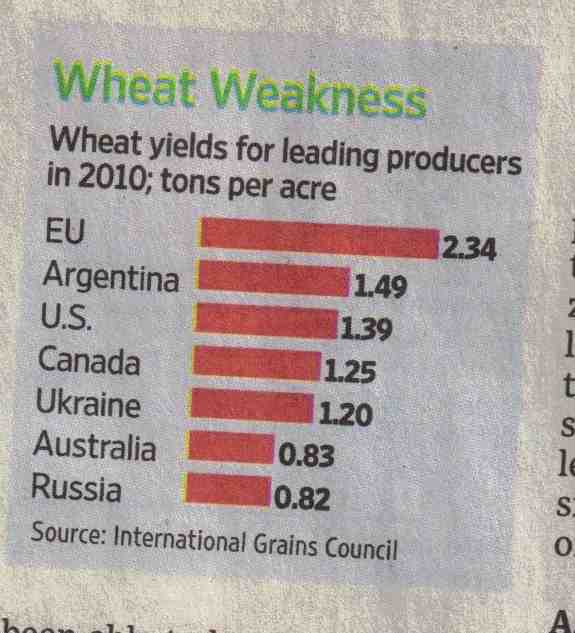
Quoted in Reuters piece about Russia bolstering its naval presence in the Eastern Med while making strong noises about no Western intervention into Syria.
The bits:
As Syria's uprising escalates into outright civil war and begins to drag in other states, it risks fuelling not only wider regional confrontation but also growing antagonism between the world's great powers . . .
That in itself could mark the beginning of a long, bloody, open-ended civil war. And speculation about foreign military intervention could even spark a Cold War-style face-off between Russia and the United States.
Analysts and foreign governments have long said they believed Iran was providing military and logistics support to Damascus, and some now suspect the opposition too is now receiving foreign weapons.
That, many analysts fear, risks further fuelling the growing regional confrontation between Tehran and its local enemies, particularly the Gulf states and emerging heavyweight Turkey. . .
My quote comes at the end.
"The problem with conflict in Syria is that it is much harder to contain than what we saw in Libya," said Anthony Skinner, Middle East analyst for UK-based consultancy Maplecroft.
"It has much wider regional implications that have largely been ignored. It feeds into what is already happening in the Gulf, as well as elsewhere"
. . .
"The Russians are signaling that on Syria, it is not a situation where they will publicly protest but quietly and privately acquiesce," says Nikolas Gvsodev, professor of national security studies at the US Naval War College.
"The danger is that it is not clear what they are prepared to do to stop open intervention."
. . .
"I think the Russians really were spooked by what happened in Libya and are determined to see that nothing like that happens again," said Nigel Inkster, a former deputy chief of Britain's Secret Intelligence Service (MI6) and now director of transnational threats and political risk at London's International Institute for Strategic Studies.
"In that they are joined by China and most of... the BRICs... (However) since there is clearly no appetite for a military intervention in Syria, the Russian navy's journey looks likely to be wasted."
. . .
"What you're seeing in the Middle East with the withdrawal of the U.S. from Iraq is Iran moving into an increasingly stronger position," said Reva Bhalla, director of analysis at U.S. private intelligence company Stratfor.
"If Assad survives in Syria, he will also be increasingly isolated and dependent on the Iranians, which will reinforce existing regional fears of Iran's growing influence."
Further stoking events, many believe, is a much wider tussle for power as the realization dawns that some two centuries of regional dominance by outside powers - first colonial Britain and France, then the U.S. - may be drawing to a close.
"We shouldn't be surprised that the Russians - in addition to the Turks and Iranians - feel like they've got an opportunity to expand their political-military influence in the eastern Mediterranean," said Thomas Barnett, U.S.-based chief strategist at consultancy Wikistrat.
"Nature abhors vacuums and so do rising great powers."
Personally, I think Russia has decided it must be present on Syria, lest it allow the entire Arab Spring to pass without so much as a howdy-do. I think Moscow has some ambitions to re-establish itself in the region, but that the main show remains the Saudis and Iran, with the second bill being Turkey and Iran - the rivalry that I think overtakes all under the right crisis conditions.
 Wednesday, February 1, 2012 at 10:06AM
Wednesday, February 1, 2012 at 10:06AM 
 China,
China,  Iran,
Iran,  Middle East,
Middle East,  Russia,
Russia,  Turkey,
Turkey,  US | in
US | in  Tom in the media,
Tom in the media,  Wikistrat |
Wikistrat |  Email Article |
Email Article |  Permalink |
Permalink |  Print Article
Print Article 















